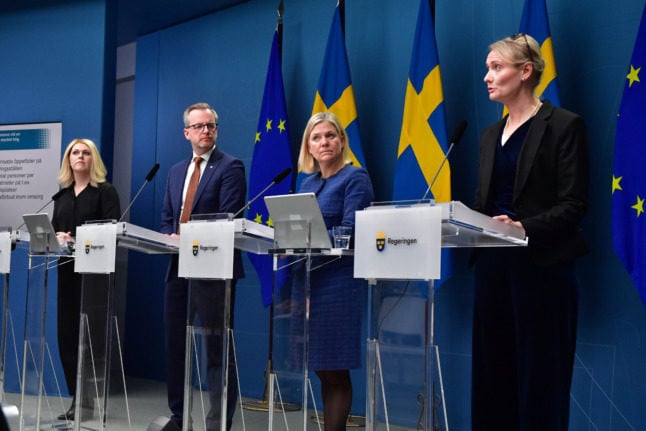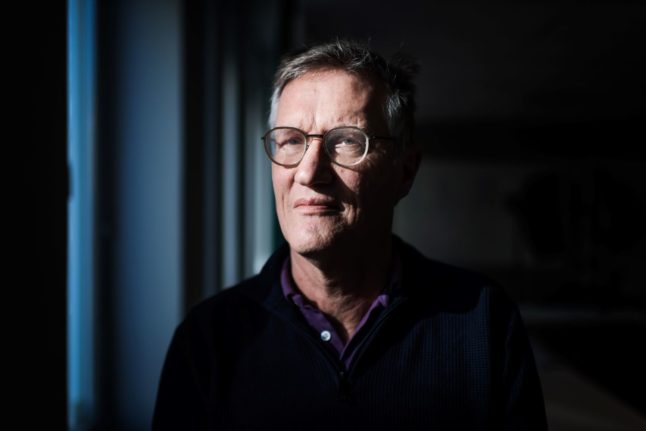Why is Sweden introducing stricter Covid-19 recommendations?
The number of new Covid-19 cases reported a day has more than doubled since mid-November, indicating that fourth wave has finally arrived in Sweden. For now, however, infection rates in Sweden still remain considerably below those of most other European countries, including those of Denmark, Norway and Finland.
What are the new recommendations?
The following recommendations will be introduced in step one – coming in to effect on Wednesday December 8th:
- Employers should enable their employees to work from home as much as possible, for example by enabling employees to attend meetings digitally
- Schools and universities can still hold classes in-person, but should avoid gathering people together in large numbers
- Adults should keep a distance in public spaces, and use face masks on public transport
- Restaurants and bars should take measures to prevent crowding
Step two was described at a government press conference on December 7th as infection control measures likely to be introduced if there is a “significant increase” in spread of infection, alongside “increased pressure on healthcare services”.
The following recommendations are included in step two:
- Everyone should work from home, unless their work can only be carried out physically
- Distance teaching will be partly reintroduced for adults
- No sports matches or competitions for adults
- Large groups should be avoided in schools
- The vaccine pass system will be further extended: to events with fewer guests (currently, they are only needed for public events with over 100 attendees) as well as to other venues (this could include restaurants, bars or gyms, for example)
- Measures to reduce the spread of infection will be rolled out to more venues and activities (such as, for example, a minimum distance between groups in restaurants or a limit on the number of guests at private events in hired venues)
Step three is likely to be introduced if there is “very high” spread of infection, as well as “very high pressure on healthcare services”.
The following recommendations will be included in step three:
- Adults should limit the amount of people they have close contact with
- Distance teaching will be partly reintroduced in gymnasieskola (schooling for 16-18-year-olds)
- Social activities such as sports matches and competitions will also be cancelled for children and young people
- Limited opening times for bars and restaurants
- Limits on how many people are allowed per square metre in shops
- A ban on visitors in healthcare settings
Additionally, previous financial measures to hinder the spread of infection will be reintroduced and extended from December 8th.
The government will once again pay for Sweden’s normally unpaid first day of sick leave (karensdag), in order to encourage more people to stay at home and not go to work if they have Covid-19 symptoms, offer temporary pay to parents if they have to miss work due to school closures, as well as removing the doctor’s note requirement for those applying for smittbärarpenning – offered to those who are forced to miss work as they may be infected with Covid-19.



 Please whitelist us to continue reading.
Please whitelist us to continue reading.
hi ,
i will travel to Greece for Christmas Holidays, and i want to know what have to do, before take the plane.